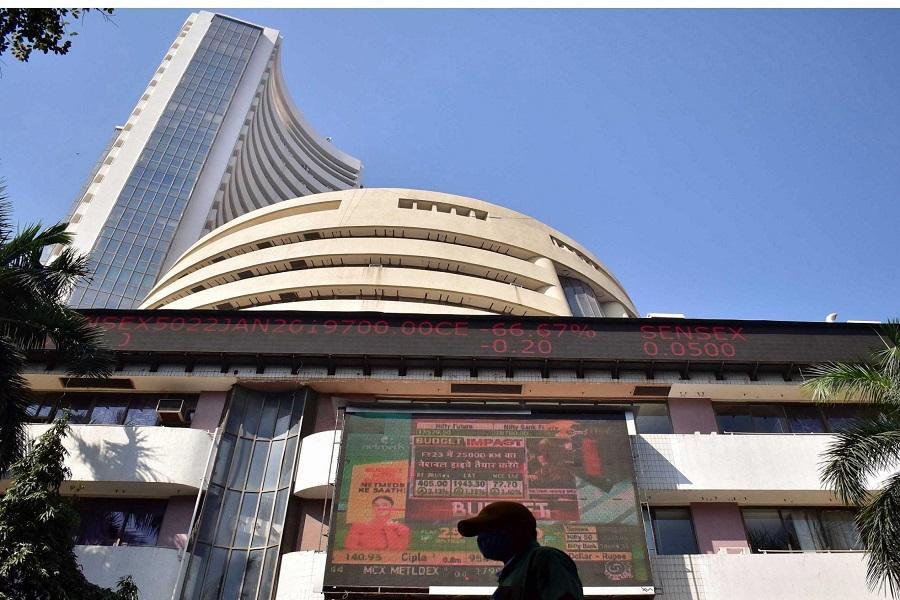
Sensex, Nifty End Lower as Global Trade Worries Add Pressure
The Indian stock markets witnessed a significant decline on Friday, as rising global trade tensions and fresh tariffs imposed by US President Donald Trump on Canadian imports weighed heavily on investor sentiments. The Sensex, which is a benchmark index that tracks the performance of 30 of the country’s top companies, dropped 689.81 points, or 0.83 per cent, to close at 82,500.47. The Nifty index, which is another widely followed benchmark, slipped 205.4 points, or 0.81 per cent, to settle at 25,149.85.
The decline in the Indian stock markets was largely attributed to the rising concerns over global trade tensions, which have been a major source of uncertainty for investors in recent times. The imposition of fresh tariffs by US President Donald Trump on Canadian imports has added to the concerns, as it has raised the risk of a full-blown trade war between the two nations.
The Sensex and Nifty indices have been fluctuating wildly in recent times, driven by a range of factors including global trade tensions, domestic economic conditions, and corporate earnings. While the indices have been experiencing a rally in recent months, the latest decline suggests that investors are becoming increasingly cautious in the face of rising uncertainty.
The decline in the Sensex and Nifty indices was led by losses in many of the benchmark’s constituent stocks. The shares of companies such as Tata Steel, Bajaj Finance, and Hindalco Industries fell sharply, while those of companies like ICICI Bank, HDFC Bank, and State Bank of India also declined.
The decline in the Indian stock markets was not limited to the benchmark indices, as many other stocks also fell sharply. The Midcap and Smallcap indices, which track the performance of mid-sized and small-sized companies, also declined, with the Midcap index falling 1.23 per cent and the Smallcap index falling 1.49 per cent.
The decline in the Indian stock markets was also attributed to the decline in the rupee against the US dollar. The rupee has been experiencing a decline in recent times, which has added to the concerns over the country’s current account deficit and the potential impact on the economy.
The decline in the Indian stock markets has also been attributed to the decline in global markets. Many of the major global indices, including the S&P 500 and the Nikkei 225, have been experiencing a decline in recent times, driven by concerns over global trade tensions and the potential impact on economic growth.
Despite the decline in the Indian stock markets, many analysts remain optimistic about the country’s economic prospects. The Indian economy is expected to continue to grow at a rapid pace in the coming years, driven by a range of factors including a growing middle class, a large and young population, and a strong services sector.
The decline in the Indian stock markets has also been attributed to the decline in inflation. The inflation rate in India has been experiencing a decline in recent times, which has added to the concerns over the potential impact on the economy.
In conclusion, the Sensex and Nifty indices ended lower on Friday, weighed down by rising global trade tensions and fresh tariffs imposed by US President Donald Trump on Canadian imports. The decline in the indices was led by losses in many of the benchmark’s constituent stocks, and was also attributed to the decline in the rupee against the US dollar and the decline in global markets. While the decline in the indices is a concern, many analysts remain optimistic about the country’s economic prospects.
News Source: https://investmentguruindia.com/newsdetail/sensex-nifty-end-lower-as-global-trade-worries-add-pressure852091






